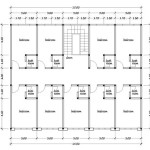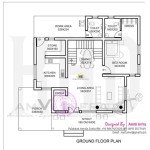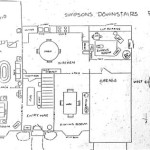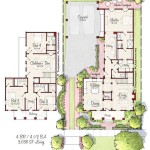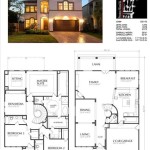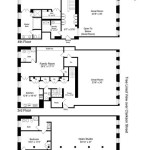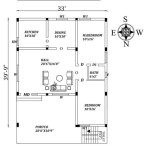Essential Aspects of Lesson Plan House Rooms in English Language
Designing effective lesson plans for teaching house rooms in English language requires careful consideration of several essential aspects. These include:
Clear Learning Objectives: Establish specific and measurable objectives that outline what students are expected to learn about house rooms, such as vocabulary, grammar, and comprehension skills.
Appropriate Activities: Select engaging and varied activities that align with the learning objectives. Activities should encourage active participation, promote interaction, and provide ample opportunities for practice and reinforcement.
Visual Aids and Resources: Utilize visual aids such as flashcards, posters, and images to enhance vocabulary acquisition and comprehension. Incorporate authentic materials like house plans, room descriptions, and virtual tours to provide real-life context.
Differentiation: Cater to the diverse learning needs of students by providing differentiated instruction. This may involve modifying activities, providing additional support, or scaffolding instruction to ensure that all learners can access and engage with the content.
Assessment: Regularly assess student progress to monitor their understanding and identify areas for improvement. Use a variety of assessment methods, such as quizzes, oral presentations, and writing tasks, to provide comprehensive feedback and inform instruction.
Language Exposure: Create opportunities for students to experience and interact with the target language in meaningful ways. This includes providing authentic listening and reading materials, encouraging conversation and role-playing, and exposing students to different accents and dialects.
Cultural Awareness: Integrate cultural aspects related to house rooms, such as architectural styles, home décor, and customs associated with different rooms. This helps students develop a deeper understanding of the target language and its cultural context.

Rooms Of A House Lesson Plans Ell S Class

Objects And Parts Of The House Voary A Lesson Plan For Esl Teachers

Rooms In A House Complete Esl Lesson Plan 4esl

Objects And Parts Of The House Voary A Lesson Plan For Esl Teachers

Parts Of The House Interactive Worksheet Esl Lesson Plans Diy Books Kindergarten Learning Activities

Objects And Parts Of The House Voary A Lesson Plan For Esl Teachers

Rooms In The House Flashcards Creative Lesson Plans Teachers Esl

Objects And Parts Of The House Voary A Lesson Plan For Esl Teachers

My Dream House Lesson Plan Teacher S Zone Blog

The Room Where I Love To Hang Out Lesson Plan Esl Brains

